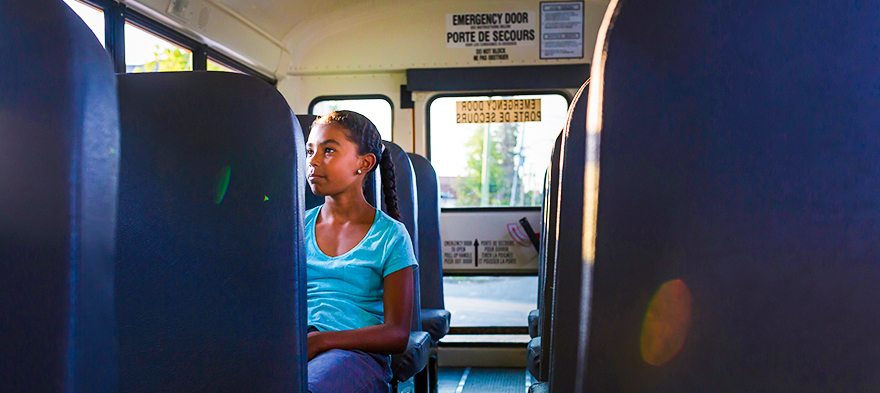
Kayla Patrick is a senior education policy analyst with a deep interest in using data-based analysis to inform U.S. education policy and practices, especially to improve the lives of underserved children of color. Her expertise includes school discipline policies and college and career readiness. Kayla worked at the National Women’s Law Center, where she conducted research and data analysis on critical issues that impact women and girls. While there, she led a team to produce a well-publicized report, Let Her Learn: Stopping School Pushout for Girls. She also co-authored a report with 20 Black girls in Washington D.C. titled “Dress Coded,” which highlighted the harmful effects of dress codes on girls’ education. This work was recently cited in the education platform of 2020 presidential candidate, Senator Elizabeth Warren and will soon be featured in the Smithsonian National Museum of American History's exhibit on girlhood. Kayla received her bachelor's degree in political science from Wellesley College and her master's in education policy from Teachers College at Columbia University.
The fight for educational equity has never been just about schools. The real North Star for this work is providing opportunities for each child to thrive into adulthood. This means that our advocacy...
Your donation will support the work we do at brightbeam to shine a light on the voices who challenge decision makers to provide the learning opportunities all children need to thrive.
Ed Post is the flagship website platform of brightbeam, a 501(c3) network of education activists and influencers demanding a better education and a brighter future for every child.
© 2020–2024 brightbeam. All rights reserved.